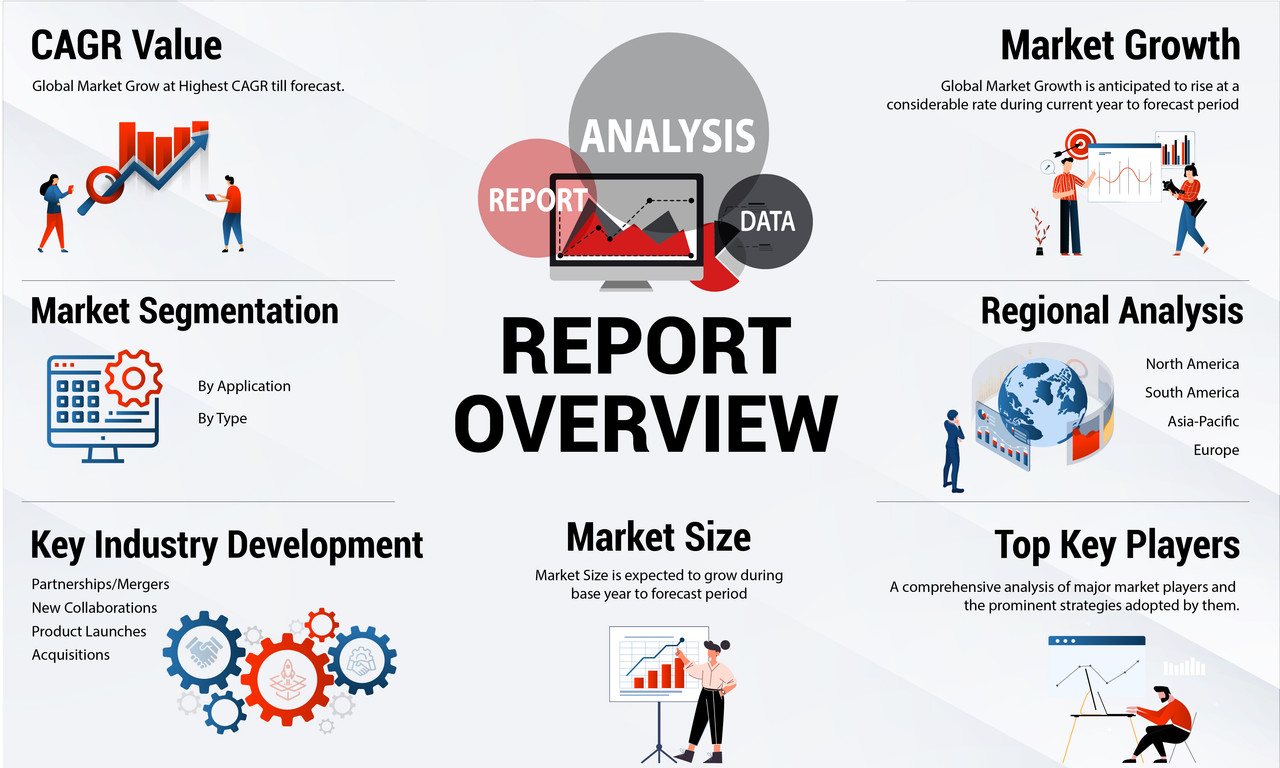Unleashing the Power of Location Data: Exploring the Global Mobile Location Analytics Market
In today’s data-driven world, mobile devices have become an integral part of our lives, and their ubiquity has created a treasure trove of valuable information. Mobile location analytics (MLA) is a cutting-edge technology that harnesses this wealth of data to gain valuable insights into consumer behavior and spatial trends. The global mobile location analytics market has witnessed significant growth in recent years, driven by the increasing adoption of smartphones, advancements in data analytics techniques, and the growing need for businesses to make informed decisions based on location-based insights. In this blog post, we will delve into the dynamic landscape of the global mobile location analytics market and explore its promising potential.
Understanding Mobile Location Analytics
Mobile location analytics is a process that involves collecting, analyzing, and interpreting data generated by mobile devices’ location signals. This technology relies on various data sources, including GPS, Wi-Fi, and cellular networks, to track and analyze the movement patterns and behaviors of mobile device users. By analyzing this data, businesses can gain valuable insights into consumer preferences, footfall traffic, marketing effectiveness, and operational efficiency.
Market Dynamics and Growth Factors
- Increasing Smartphone Penetration: The proliferation of smartphones worldwide has significantly contributed to the growth of the mobile location analytics market. With smartphones becoming an essential part of people’s lives, the volume of location-based data generated has surged, providing businesses with a rich source of information for targeted marketing and personalized experiences.
- Advancements in Data Analytics Techniques: The advancements in data analytics, such as machine learning, artificial intelligence, and predictive modeling, have propelled the capabilities of mobile location analytics. These technologies enable businesses to extract actionable insights from large volumes of location data, enabling them to make data-driven decisions and optimize their operations.
- Growing Demand for Location-Based Services: Location-based services (LBS) have gained tremendous popularity in various sectors, including retail, hospitality, transportation, and healthcare. Mobile location analytics plays a crucial role in enhancing LBS by providing real-time and historical location data, allowing businesses to deliver personalized experiences, improve customer engagement, and optimize resource allocation.
- Retail and Marketing Applications: The retail industry has been an early adopter of mobile location analytics. By analyzing footfall traffic and customer behavior within physical stores, retailers can optimize store layouts, improve product placements, and tailor marketing strategies to enhance customer experiences and drive sales. Similarly, marketers can leverage location data to target specific demographics, deliver personalized advertisements, and measure the effectiveness of their campaigns.
Market Challenges
- Privacy and Data Security Concerns: As the collection and analysis of location-based data become more prevalent, privacy concerns have emerged as a significant challenge. Businesses need to ensure compliance with privacy regulations and implement robust security measures to protect sensitive customer information.
- Data Accuracy and Quality: While mobile location analytics holds great potential, the accuracy and quality of location data can vary depending on factors such as signal strength, network coverage, and data aggregation techniques. Ensuring data accuracy and reliability is crucial for businesses to make informed decisions.
- Skill Gap and Data Integration: Adopting mobile location analytics requires skilled professionals who can effectively analyze and interpret location data. Additionally, integrating location analytics with existing business systems and processes may pose technical challenges that need to be addressed.
Key Players and Market Outlook
The global mobile location analytics market is highly competitive, with several key players driving innovation and technological advancements. Companies such as Google LLC, Cisco Systems, Inc., IBM Corporation, Microsoft Corporation, and Oracle Corporation are actively involved in developing and offering mobile location analytics solutions.
Looking ahead, the mobile location analytics market is poised for continued growth. The increasing adoption of Internet of Things (IoT) devices, advancements in indoor positioning systems, and the integration of location analytics with emerging technologies like 5G and edge computing will further fuel market expansion. The applications of mobile location analytics are expected to broaden across various industries, including retail, transportation, healthcare, and smart cities
The global mobile location analytics market is revolutionizing the way businesses understand and engage with their customers. By harnessing the power of location data, businesses can gain valuable insights that drive operational efficiency, enhance customer experiences, and unlock new growth opportunities. While challenges related to privacy and data quality persist, the market’s promising potential and ongoing technological advancements make mobile location analytics an indispensable tool for businesses seeking a competitive edge in the digital age.

